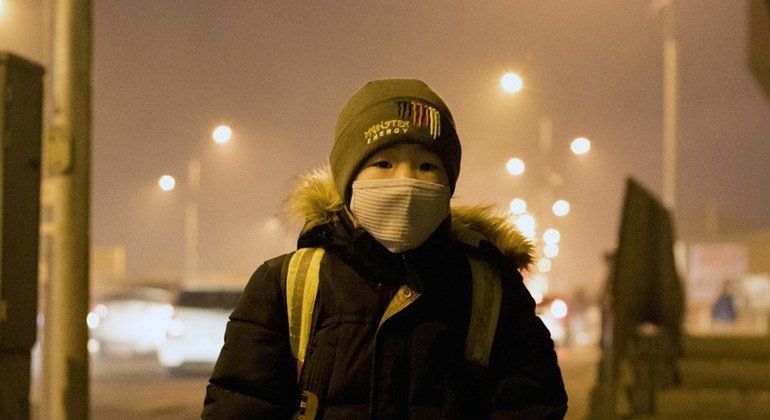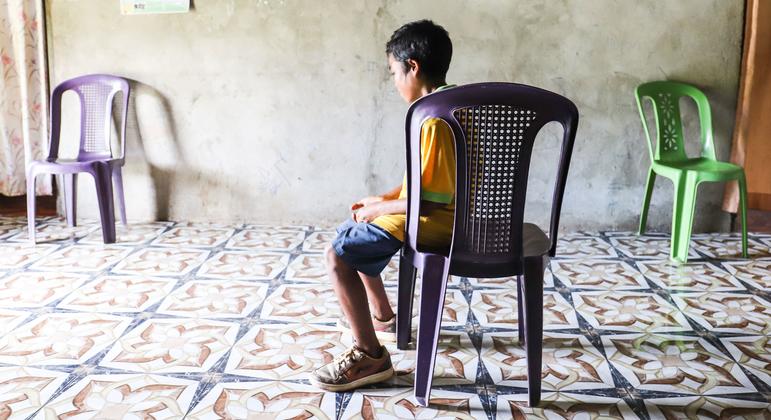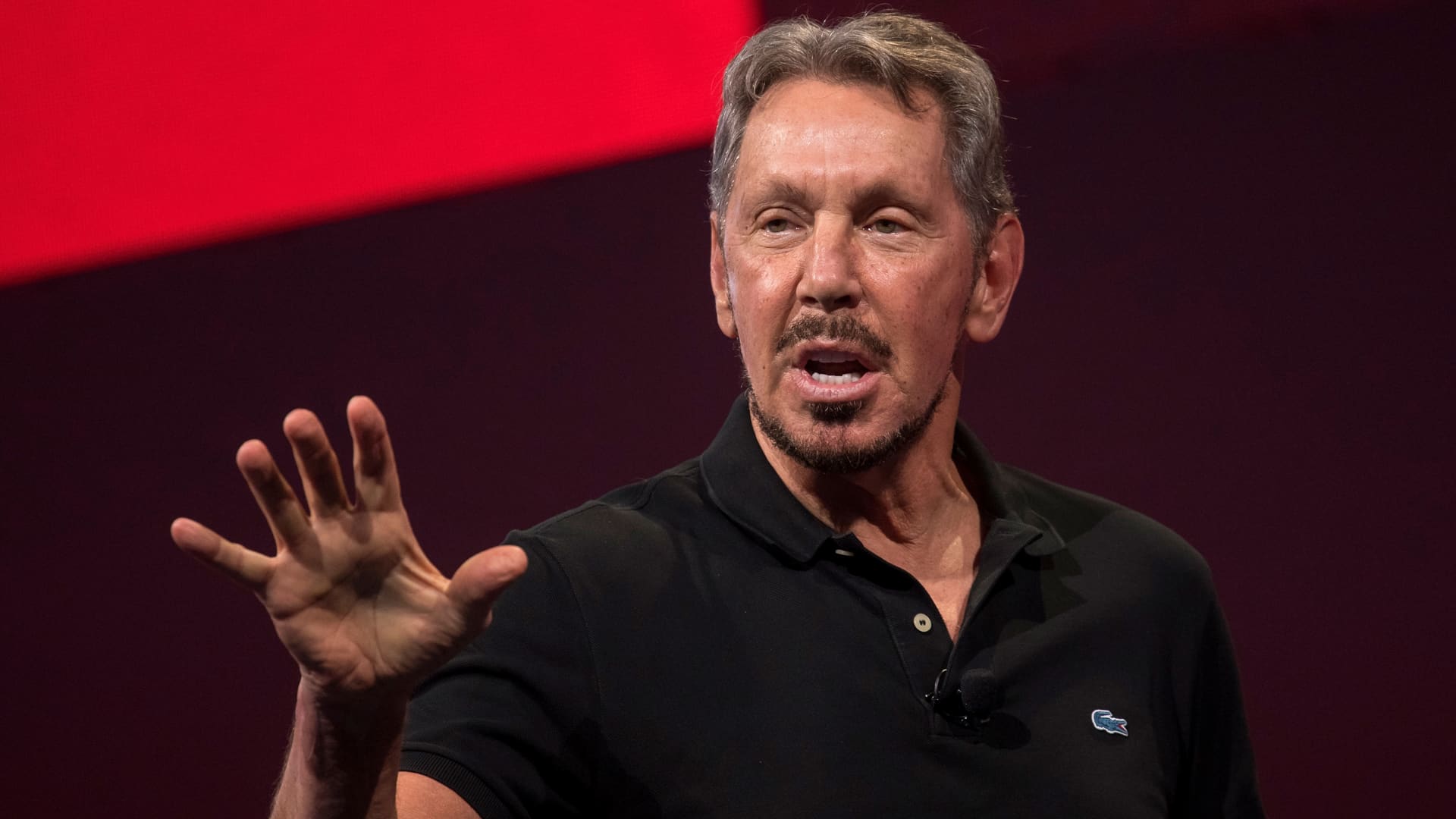Ahead of the first “Health Day” at a UN climate conference, delegates signed a new declaration on climate and health and separately considered the role digital technology can play in climate action.
The United Nations World Health Organization (WHO) welcomed the new declaration, which aims to help accelerate action to protect people from growing climate impacts, including by strengthening collaboration to reduce emissions and increasing financing for climate and health solutions.
“The climate crisis is a health crisis, but for too long health has been a footnote in climate debates,” WHO Director-General Dr. Tedros Adhanom Ghebreyesus told the assembled delegates. in an auditorium in Dubai's iconic Expo City, where much of the action took place. at COP28 has been taking place until now.
According to the WHO, the climate crisis is driving the extreme weather that is claiming lives around the world. Furthermore, the same emissions that are warming our planet are also poisoning the air we breathe.
The WHO estimates that air pollution kills about seven million people worldwide each year, while millions of people are exposed to extreme weather events each year.
Reducing the health impacts of climate change requires society-wide action, including measures to decarbonize energy systems to reduce emissions by at least 43 percent over the next seven years.
“The WHO thanks [United Arab Emirates] for making health a key priority in his COP28 presidency, and welcomes this Declaration, which emphasizes the need to build low-carbon, climate-resilient health systems, to protect the health of both the planet and people,” Dr. Tedros added.
Declaration before 'Health Day'
Signed on Saturday by 123 countries, the COP28 UAE Declaration on Climate and Health recognizes the need for governments to protect communities and prepare health systems to cope with climate-related health impacts, such as extreme heat, air pollution and infectious diseases.
According to the COP28 presidency, it has been developed with the support of several “champion countries”, including Brazil, Malawi, the United Kingdom, the United States, the Netherlands, Kenya, Fiji, India, Egypt, Sierra Leone and Germany.
“The impacts of climate change are already at our doors. They have become one of the greatest threats to human health in the 21st century. Governments have now rightly recognized that health is a crucial element of climate action,” said Dr Sultan bin Ahmed Al Jaber, Minister of Industry and Advanced Technology and President of COP28.
The Declaration covers a variety of action areas at the climate-health nexus, including:
- Build more climate-resilient health systems;
- Strengthen intersectoral collaboration to reduce emissions;
- Maximize the health benefits of climate action; and
- Increase financing for climate and health solutions.
Digital Climate Action
This second and final day of the COP28 Global Climate Action Summit also featured an event on 'Green Digital Action' organized by the International Telecommunication Union (ITU) that highlighted the role of digital technologies at the forefront of climate action.
Information and communications technologies (ICTs) are essential for climate monitoring, building resilience to climate change and deploying early warning systems.
They can also play a vital role in mitigation efforts, including boosting energy efficiency, building green networks, and assisting the transition to a green economy.
However, the rapid adoption of data and devices increases the sector's energy consumption, emissions, materials use and e-waste worldwide.
“Green Digital Action is a step in the right direction, but we all need to do more. Now. Together,” said ITU Secretary-General Doreen Bogdan-Martin at the meeting at the UN Global Innovation Center on Climate Change.
COP28 is an opportunity to showcase the value of digital climate action, as well as increase ambition to reduce the footprint of the ICT sector, helping to limit temperature rise to 1.5°C, according to the ITU.
“We have to build a future in which digital technology and climate action go hand in hand. This future is possible. It is our only option,” added the ITU head.
Following the high-level opening of the Green Digital Action Pathway, the potential of technology for environmental solutions will be highlighted over the course of the next few days.












